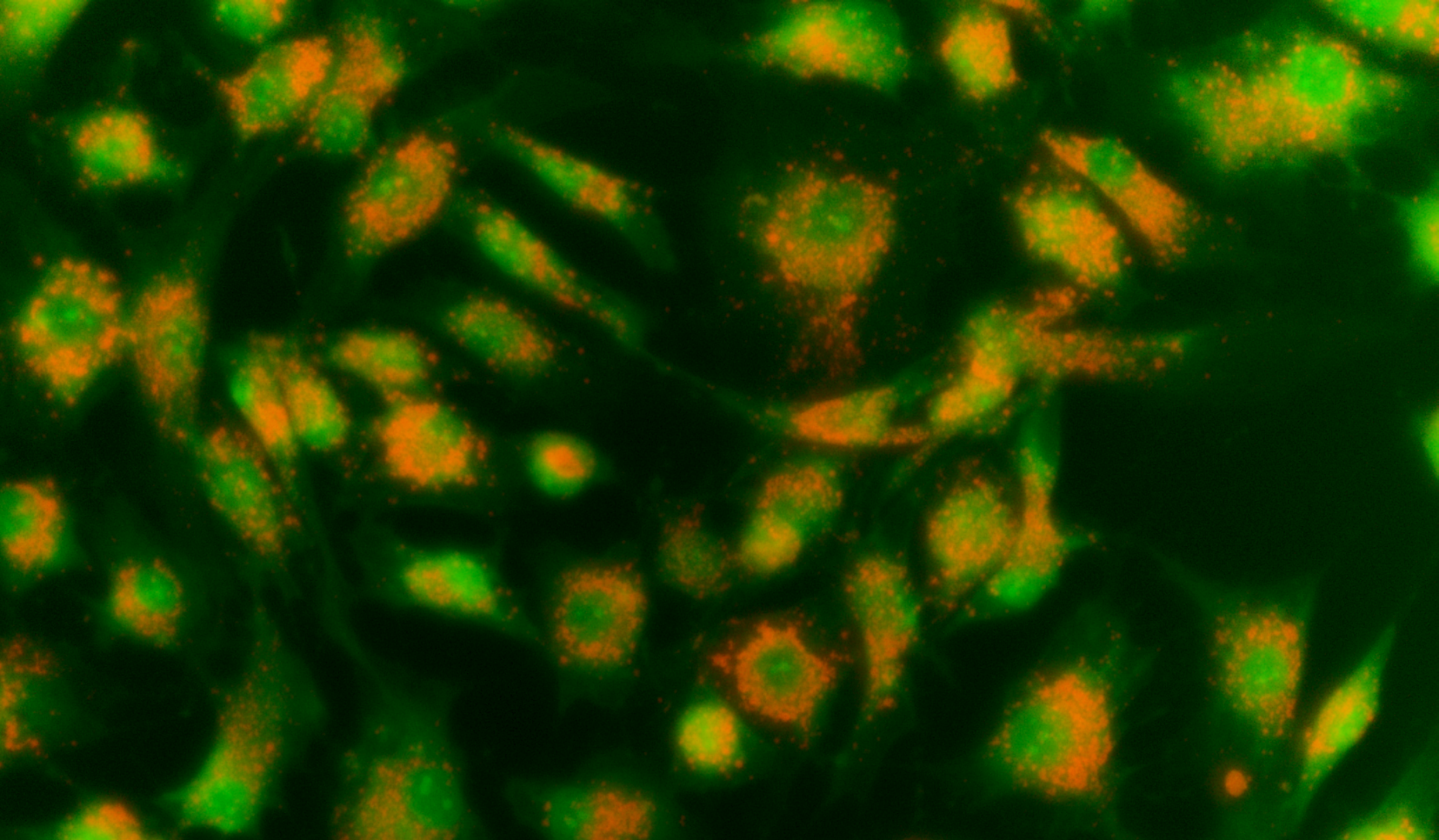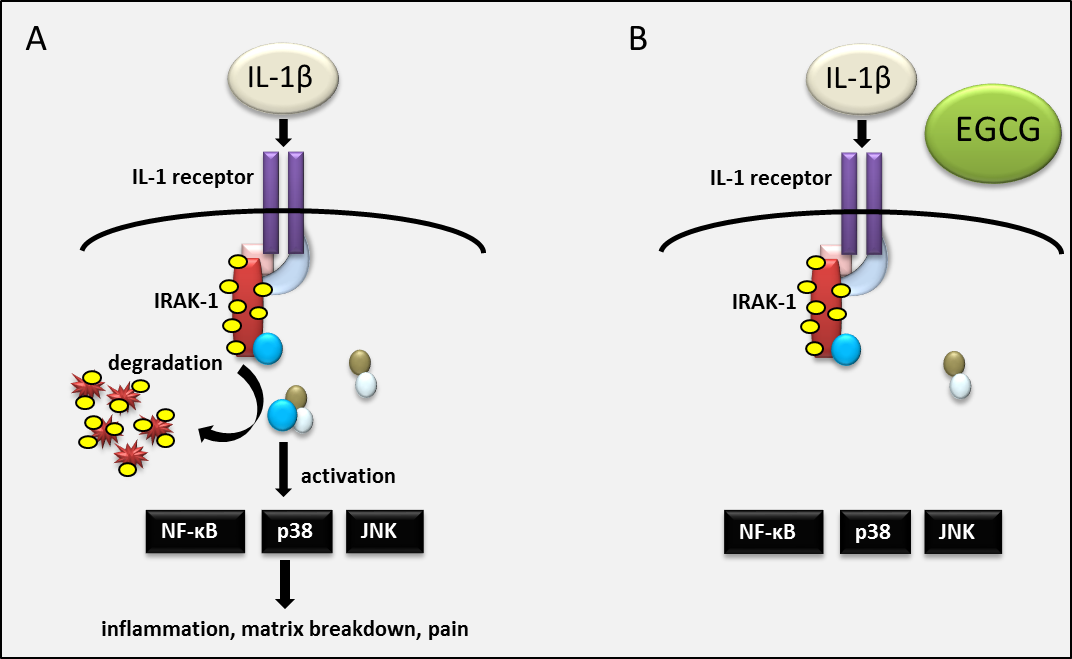Natural compounds for the treatment of painful disc degeneration
Intervertebral discs starts to degenerate very early in life, around the age of 30. Despite the fact that disc-related instability of the spine and back pain represent a huge burden for national economies, specific therapeutic solutions are lacking. Symptoms of disc degeneration can be treated temporarily with analgesics or with invasive surgeries if pain persists, but no therapies exist that targets the biological cause.
Certain natural compounds have been receiving increasing attention lately due to their activity against age-related diseases. Preclinical studies showed that Epigallocatechin 3-gallate, the compound naturally present in green tea, has anti-inflammatory and anti-oxidative activity in human tissue. The aim of this project is to study whether Epigallocatechin 3-gallate (EGCG) can target the biological causes of disc degeneration and low back pain and to thus determine its potential for the treatment of degenerative disc disease.
Primary intervertebral disc cells, organ culture models and animal models will be used to evaluate the effect of EGCG against inflammation, degradation of extracellular matrix and cellular senescence, which have been identified as biological signs of disc degeneration. The effects of EGCG in the above-described model systems will determined on a descriptive level (e.g. via gene and protein expression analysis) as well as on a mechanistic level (pathway analysis). Finally, a sustained-release system for the delivery of encapsulated EGCG into intervertebral disc tissue will be developed and tested for a potential clinical application.
Contact
No database information available


